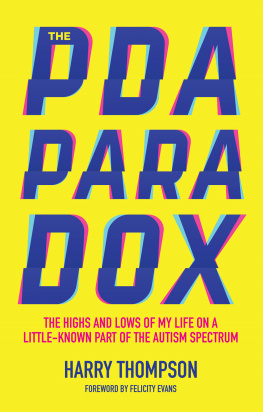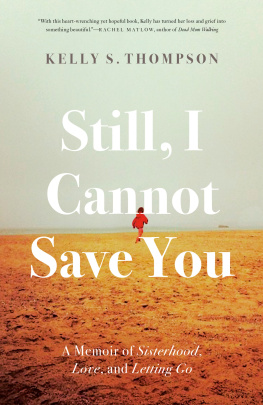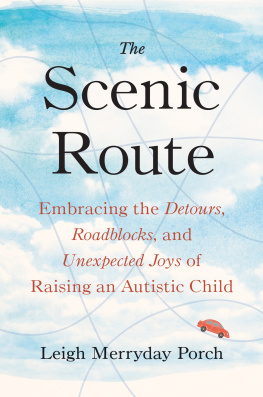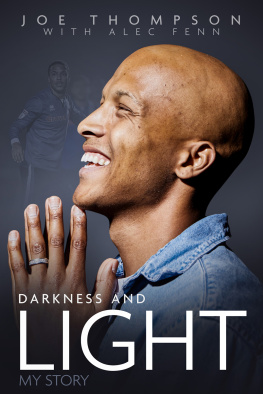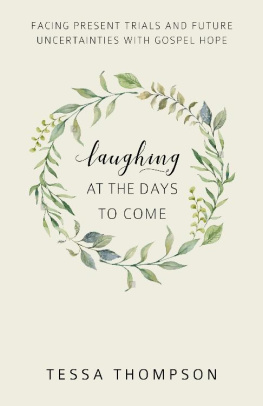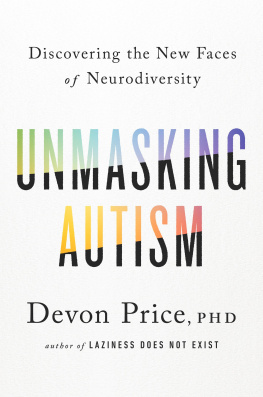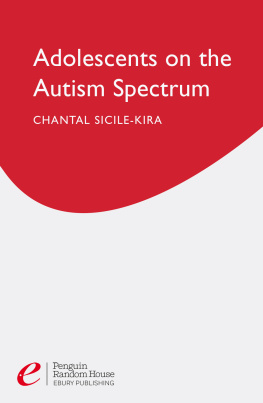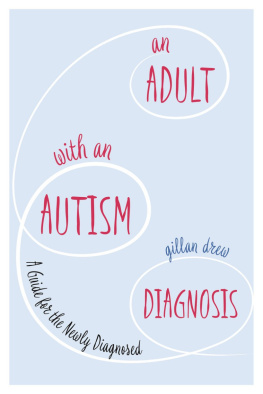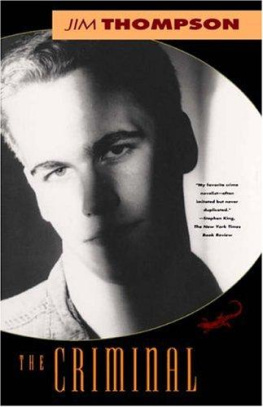
of related interest
PDA by PDAers
From Anxiety to Avoidance and Masking to Meltdowns
Sally Cat
ISBN 978 1 78592 536 8
eISBN 978 1 78450 934 7
Pathological Demand Avoidance Syndrome My Daughter is Not Naughty
Jane Alison Sherwin
ISBN 978 1 84905 614 4
eISBN 978 1 78450 085 6
Understanding Pathological Demand Avoidance Syndrome in Children
A Guide for Parents, Teachers and Other Professionals
Phil Christie, Margaret Duncan, Ruth Fidler and Zara Healy
ISBN 978 1 84905 074 6
eISBN 978 0 85700 253 2
Freaks, Geeks and Aspergers Syndrome
A User Guide to Adolescence
Luke Jackson
ISBN 978 1 84310 098 0
ISBN 978 1 84985 790 1 (large print)
eISBN 978 1 84642 356
Living in Two Worlds
On Being a Social Chameleon with Aspergers
Dylan Emmons
ISBN 978 1 78592 706 5
eISBN 978 1 78450 263 8
Fitting In
Colin Thompson
ISBN 978 1 78592 046 2
eISBN 978 1 78450 301 7
The PDA
Paradox
The Highs and Low of My Life on a
Little-Known Part of the Autism Spectrum
Harry Thompson
Foreword by Felicity Evans

Jessica Kingsley Publishers
London and Philadelphia
First published in 2019
by Jessica Kingsley Publishers
73 Collier Street
London N1 9BE, UK
and
400 Market Street, Suite 400
Philadelphia, PA 19106, USA
www.jkp.com
Copyright Harry Thompson 2019
Foreword copyright Felicity Evans 2019
All rights reserved. No part of this publication may be reproduced in any material form (including photocopying, storing in any medium by electronic means or transmitting) without the written permission of the copyright owner except in accordance with the provisions of the law or under terms of a licence issued in the UK by the Copyright Licensing Agency Ltd. www.cla.co.uk or in overseas territories by the relevant reproduction rights organisation, for details see www.ifrro.org. Applications for the copyright owners written permission to reproduce any part of this publication should be addressed to the publisher.
Warning: The doing of an unauthorised act in relation to a copyright work may result in both a civil claim for damages and criminal prosecution.
Library of Congress Cataloging in Publication Data
A CIP catalog record for this book is available from the Library of Congress
British Library Cataloguing in Publication Data
A CIP catalogue record for this book is available from the British Library
ISBN 978 1 78592 675 4
eISBN 978 1 78592 677 8
For The Beast
Contents
Foreword
I first met Harry when he was 13 years old. It was like visiting a different country: one with an unfamiliar culture, different ways of communicating; a place that made me hypervigilant because I never knew what was going to happen next. At first, I aimed to get Harry to come more into my familiar world for his own good as well as mine. I thought it would make life easier for him, but it didnt.
Harry liked skiing. So, I just couldnt understand why he wasnt eager to set off on time. Instead he would wind up all the other kids, get them agitated or laughing, so they couldnt get themselves ready. This included mimicking me and swearing profusely, which the younger ones copied.
Every day I thought about how to connect with Harry. Things improved somewhat eventually I could glance at him and he would usually settle. But he remained very troubled and full of angst.
At moments I glimpsed Harrys intelligence, but it wasnt showing academically. His intelligence would spark in wonderful ways like when he suggested Freedom to Learn on the back of the NatureKids t-shirts, for a charity occasion.
Harry went off to a school but kept in touch. At 16 he declared that he wanted to get his body and brain to work more effectively. He meticulously set about this, but his aim was misunderstood. Others broke his fragile sense of self and his tentative hold on reality.
So, at 18 years old, Harry came back to NatureKids, to find himself. It was a rocky journey for eight months. Gradually he started to eloquently express how he experienced the world, his heightened awareness and profound insights. He enabled me to see the world through his eyes and became my teacher, helping me understand other children and adults on a deeper level.
Now when I talk to Harry, its interesting and deeply absorbing, a time to replenish my energy and further my insights. Its an easy and natural connection, like having a relaxing holiday in my favourite place.
Harry has written this book to further understanding of PDA and help parents and children towards an easy and natural connection.
Felicity Evans
a teacher and family support counsellor who has worked with children at a grassroots level for many years. She is the founder of NatureKids a unique centre for small groups of children and young people.
Preface
Ever since I decided to embark upon this literary venture, it has both amused and astonished me to discover how I have continually fallen prisoner to the very subject matter I endeavour to convey. Pathological Demand Avoidance Syndrome (PDA) is a behaviour profile within the autism spectrum first proposed in the 1980s by Elizabeth Newson, a UK child psychologist, after analysing a group of children who exhibited traits that were similar but at the same time different from typical autism. By definition, it is the compulsive resistance of the demands of everyday life, and up until about half a paragraph ago, this quirky condition that I supposedly embody felt as though it was going to be a fixed and insurmountable monolith that would block my path, tower over me and ultimately deter me from even starting, let alone finishing, this book.
Its interesting because I seldom need to bring up my diagnosis anymore. I virtually never think about it unless I either make a YouTube video, if someone asks or if the topic of autism is dropped into conversation (which, come to think of it, has been happening more and more since starting my YouTube channel). This is due to the fact my life is now more or less together, and, as Ill go on to explain in chapters to come, whether PDA or autism are gifts or disabilities is, to some extent, contingent on the environment in which those with the conditions are situated. Because over the years I have gradually drifted towards the right life for me, or, as Id rather put it, gravitated towards my natural habitat, I have found that the drawbacks of all my diagnoses many of which Ive utilised have beset me less and less; but here I am, thrust right back into the heart of the world of PDA ready to do my bit for all of those parents and children currently undergoing the same throes as I did once long ago.
I find it ironic that I am writing about a condition, or to make brisk and reluctant use of that words cringe-worthy and lacerating linguistic subordinate label, that does admittedly capture many aspects of my personality with impeccable precision, yet is still something I have writhed away from since the very day I was diagnosed with it. But it is a part of my nature, and Im sure the nature of many others with whom I share this diagnosis, to stave off labels as they can be divisive and demeaning. One person with PDA may relate to the label as it can provide a sense of identity, whereas others will perceive it as society attempting to pigeonhole them and impose a restriction on their individual liberty. I, for one, fall into alignment with the latter; however, as someone with three diagnoses, I do remember how relieving it was for me, my parents and my teachers when our tireless efforts to find out what the heck was wrong with me suddenly yielded a clear explanation. I am happy to concede that labels are sometimes useful and necessary.
Next page
